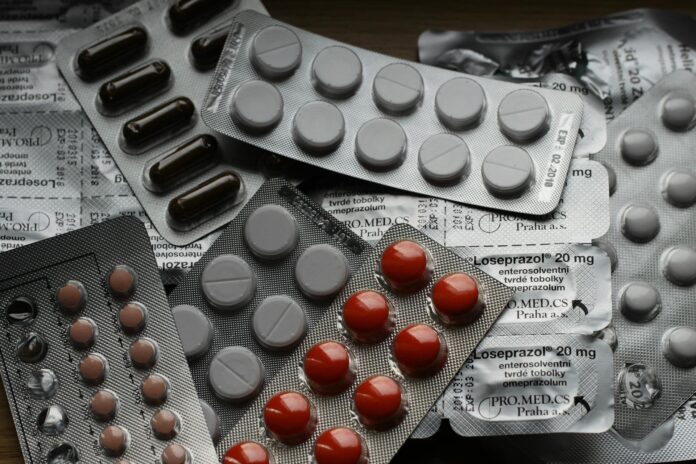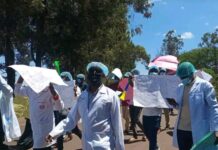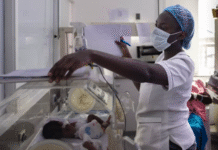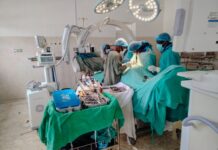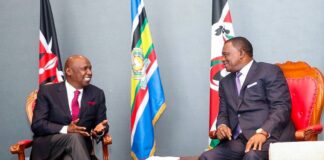The World Health Organization (WHO) has warned that the Trump administration’s decision to pause U.S. foreign aid has severely disrupted the supply of HIV treatments in eight countries, including Kenya.
According to WHO Director-General Tedros Adhanom Ghebreyesus, the affected countries—Haiti, Kenya, Lesotho, South Sudan, Burkina Faso, Mali, Nigeria, and Ukraine—could run out of life-saving HIV medication within months. He cautioned that the disruption could reverse two decades of progress in the fight against the virus, potentially leading to over 10 million new HIV cases and three million related deaths.
Beyond HIV treatment, the WHO revealed that U.S. funding cuts have also impacted efforts to combat malaria, tuberculosis, and polio. The global Measles and Rubella Laboratory Network, a vital initiative with over 700 sites worldwide, is also at risk of shutting down at a time when measles cases are resurging in the U.S.
“The United States has a responsibility to ensure that if it withdraws direct funding, it is done in an orderly and humane way,” Ghebreyesus stated.
The funding freeze has already forced 4,167 health facilities in Afghanistan to close, with over 220 more at risk of shutting down by June. Additionally, WHO itself is facing financial strain, as the U.S. typically contributes about a fifth of its annual budget.
In response, WHO has announced a reduction in its emergency funding target from $1.2 billion to $872 million for the 2026-2027 period, as it braces for further financial constraints.









